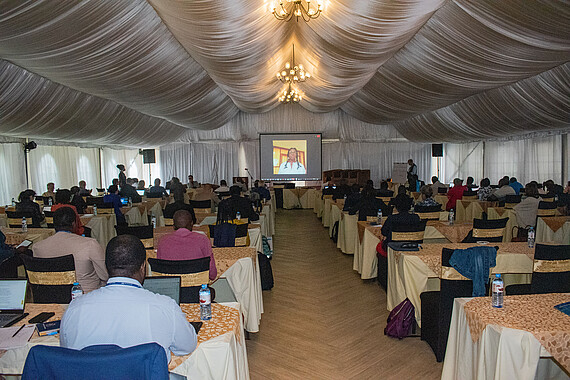
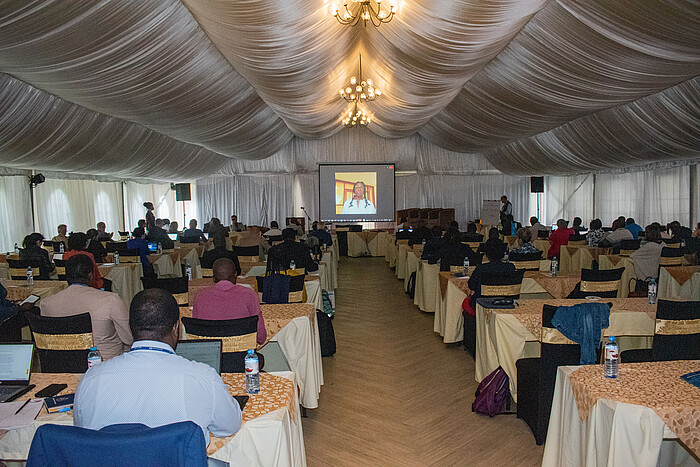
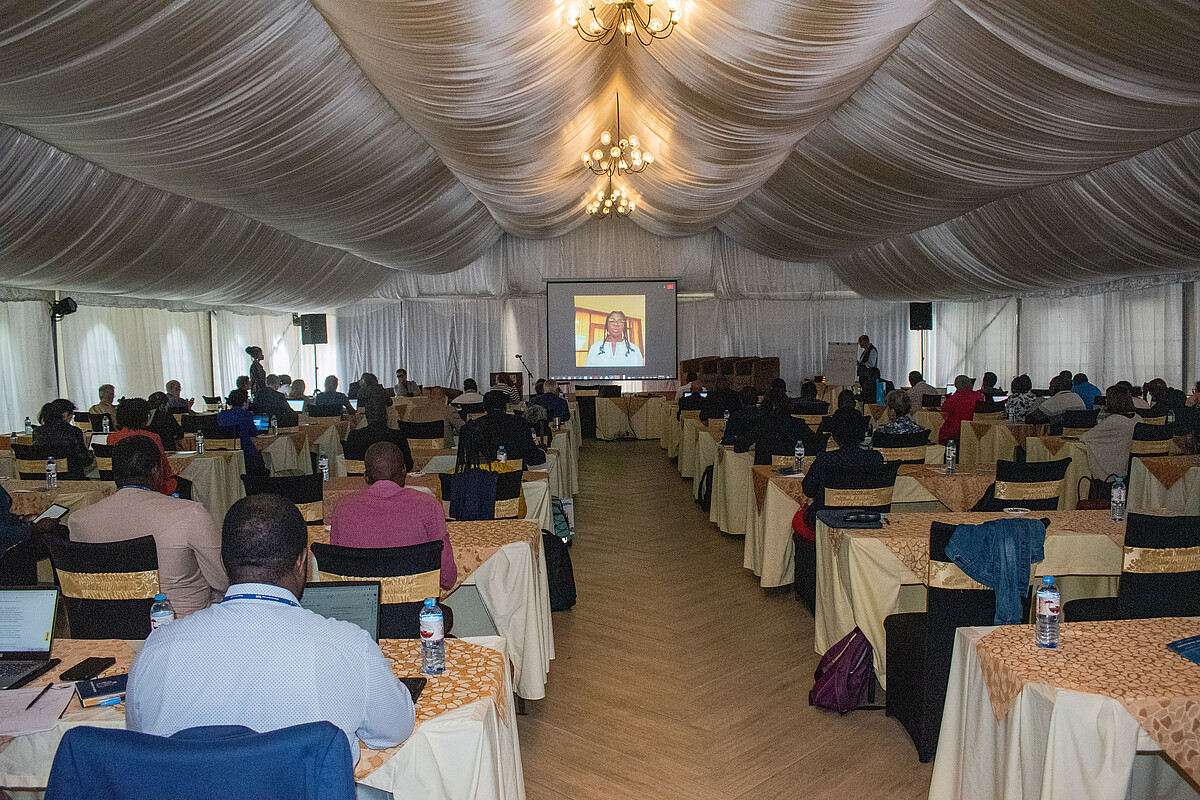 ©
Felix Odhiambo 2023
©
Felix Odhiambo 2023


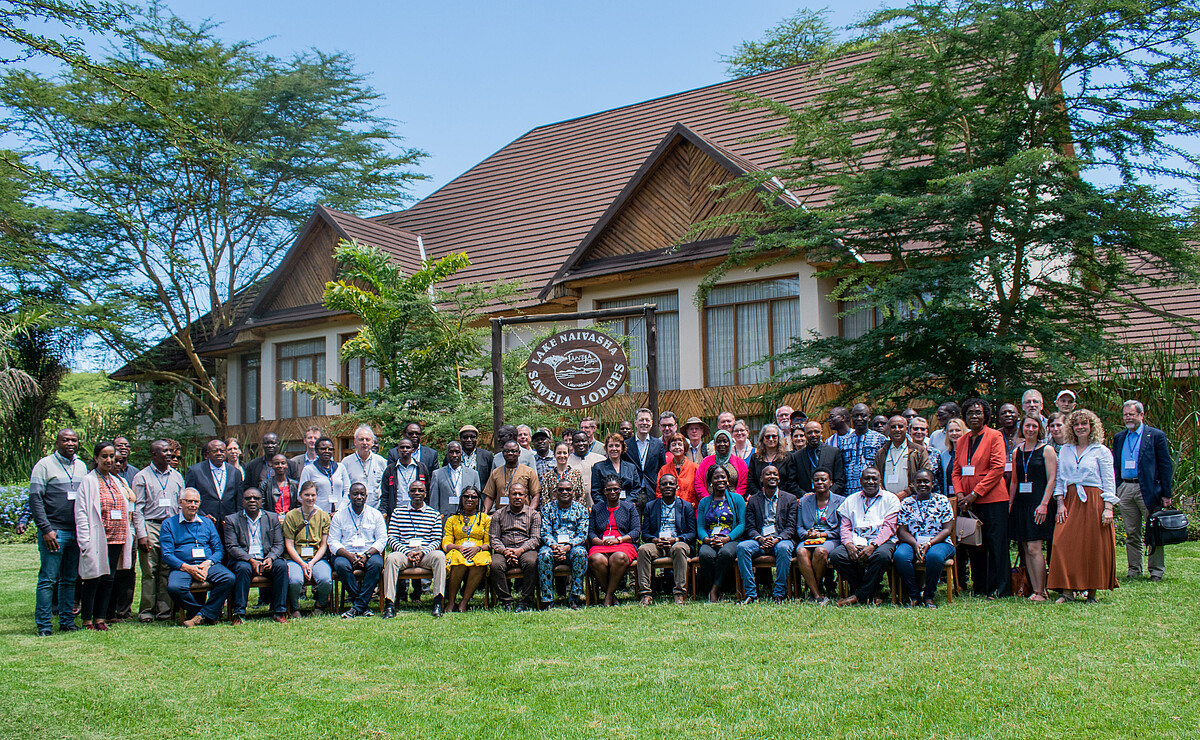 ©
Felix Odhiambo 2023
©
Felix Odhiambo 2023
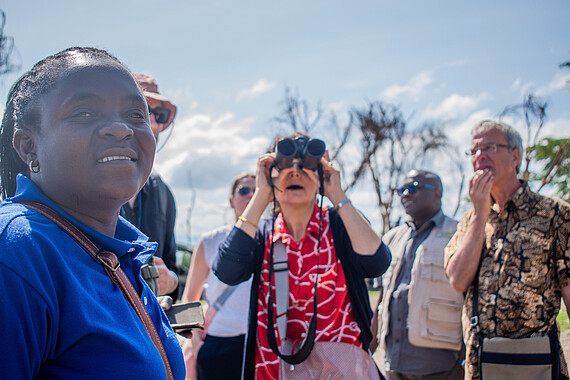
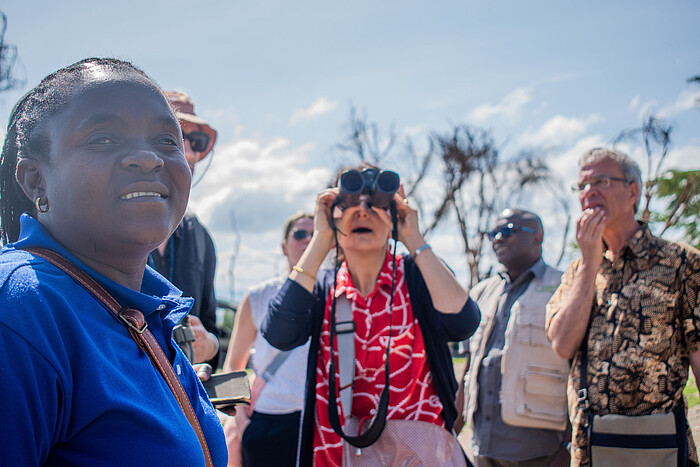
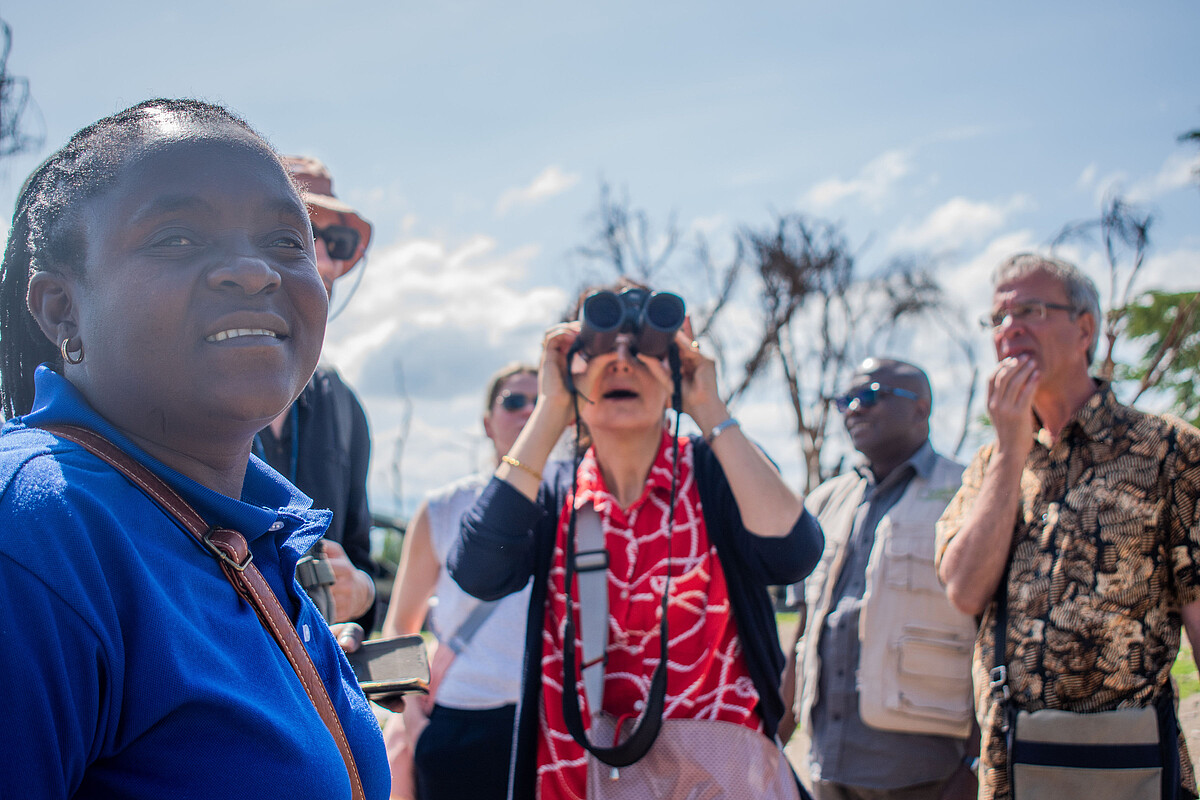 ©
Felix Odhiambo 2023
©
Felix Odhiambo 2023
"Knowledge for Tomorrow"- celebration, retrospective, and prospects
In total, the initiative "Knowledge for Tomorrow - Cooperative Research Projects in Sub-Saharan Africa" supported 103 fellows (postdocs) in six calls; the topics were: Neglected Tropical Diseases, Natural Resources, Engineering, Social Sciences, Humanities, and Livelihood Management. The Foundation also funded 87 collaborative projects (involving 236 researchers) and 81 events.
The funding program was established in 2003 and ended in December 2021. However, due to a later onset of some of the projects as well as Covid-related delays, some research projects (such as the Humanities branch) are still running currently. The overall aim of the initiative was to contribute to the development and sustainable strengthening of academia in all disciplines in sub-Saharan Africa. The focus was on (individual) capacity building and the strengthening of networks both between Germany and Africa and within Africa. Funding instruments included postdoctoral programs as well as cooperation projects and events such as summer schools, symposia, and educational workshops.
This aim was greatly achieved, and the program overall a success, as both fellows and coordinators emphasized in several presentations, discussions and contributions throughout the meeting. The VolkswagenFoundation has, through the continuing and long-term engagement within the Africa-initiative, shown itself as a reliable and sustainable partner in many fields of academia, as all fellows underlined.
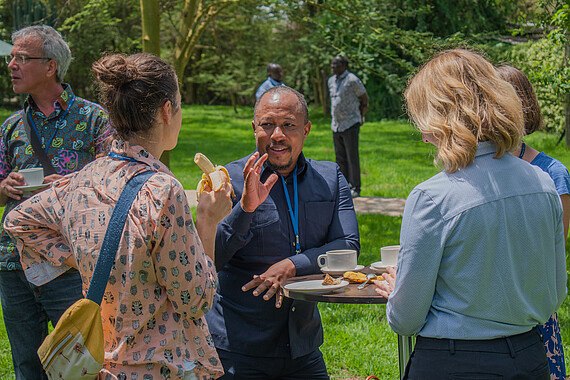
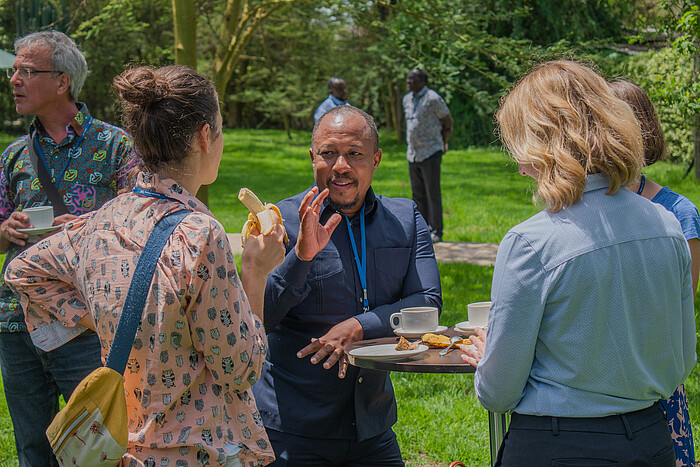
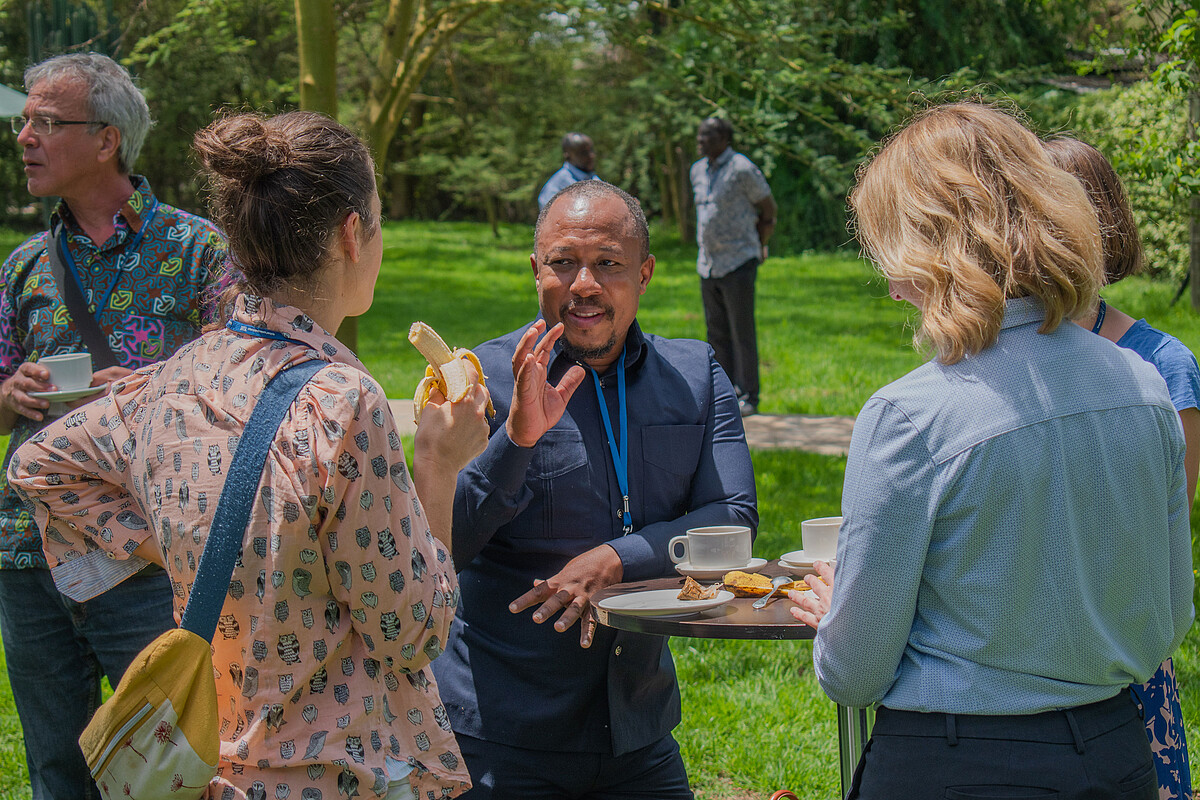 ©
Felix Odhiambo 2023
©
Felix Odhiambo 2023
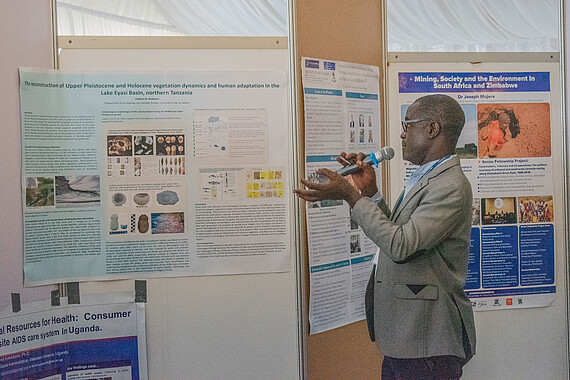
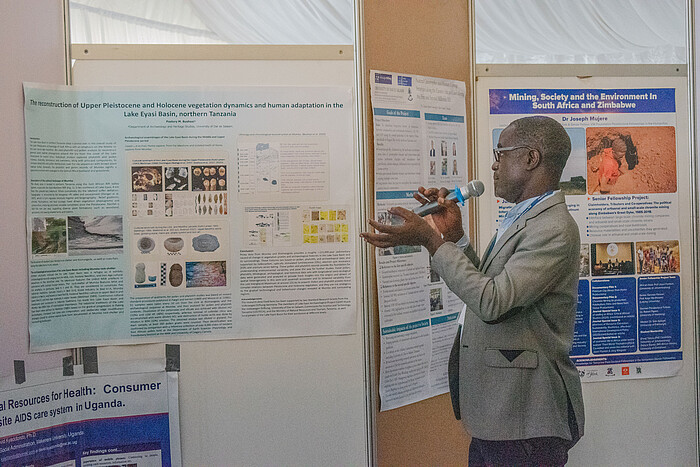
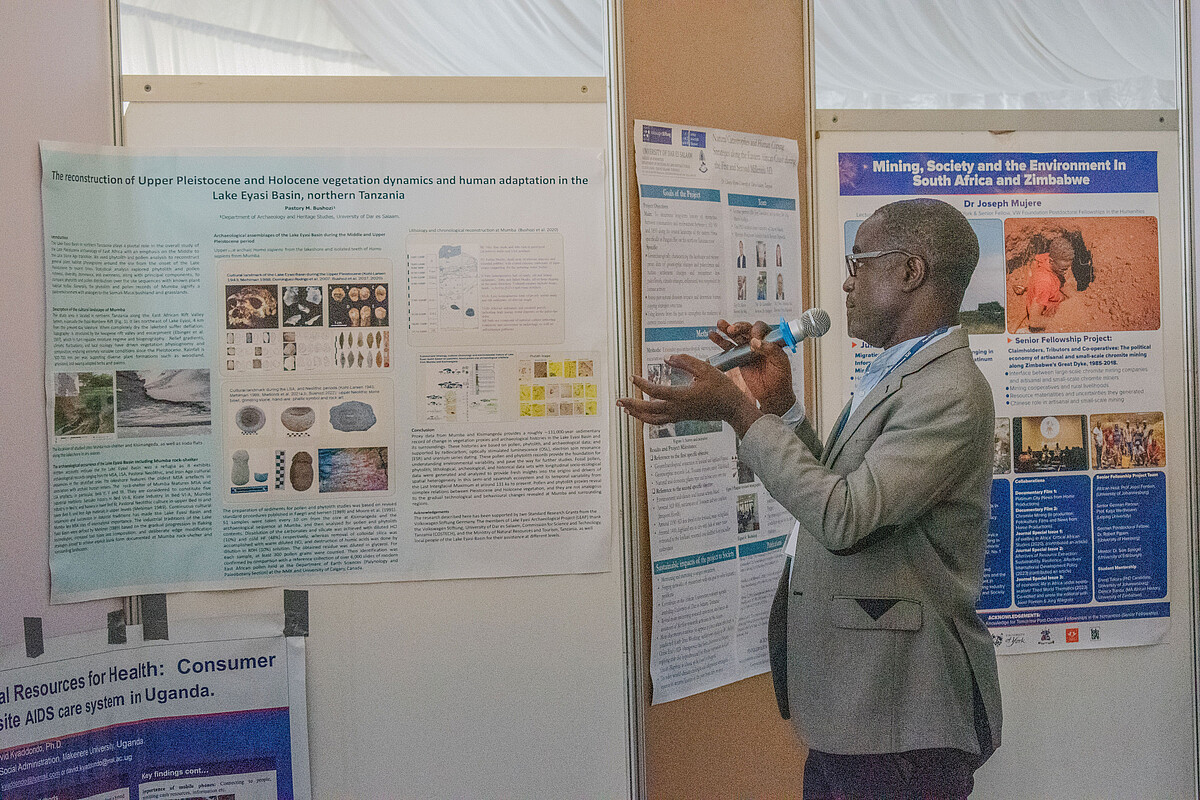 ©
Felix Odhiambo 2023
©
Felix Odhiambo 2023
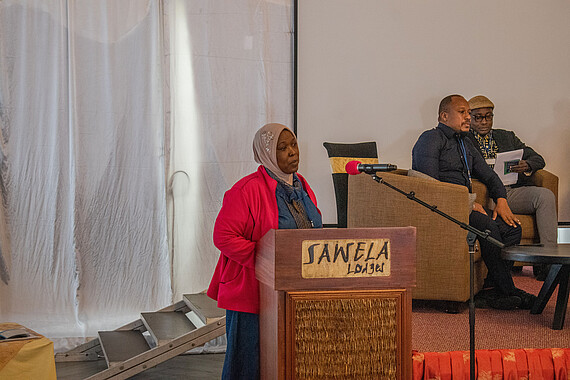
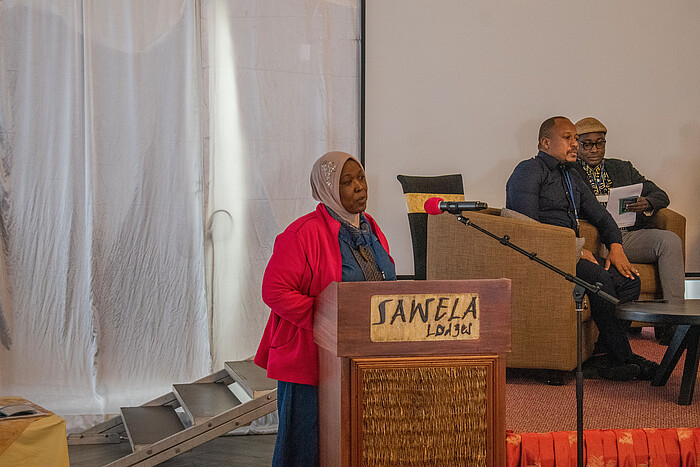
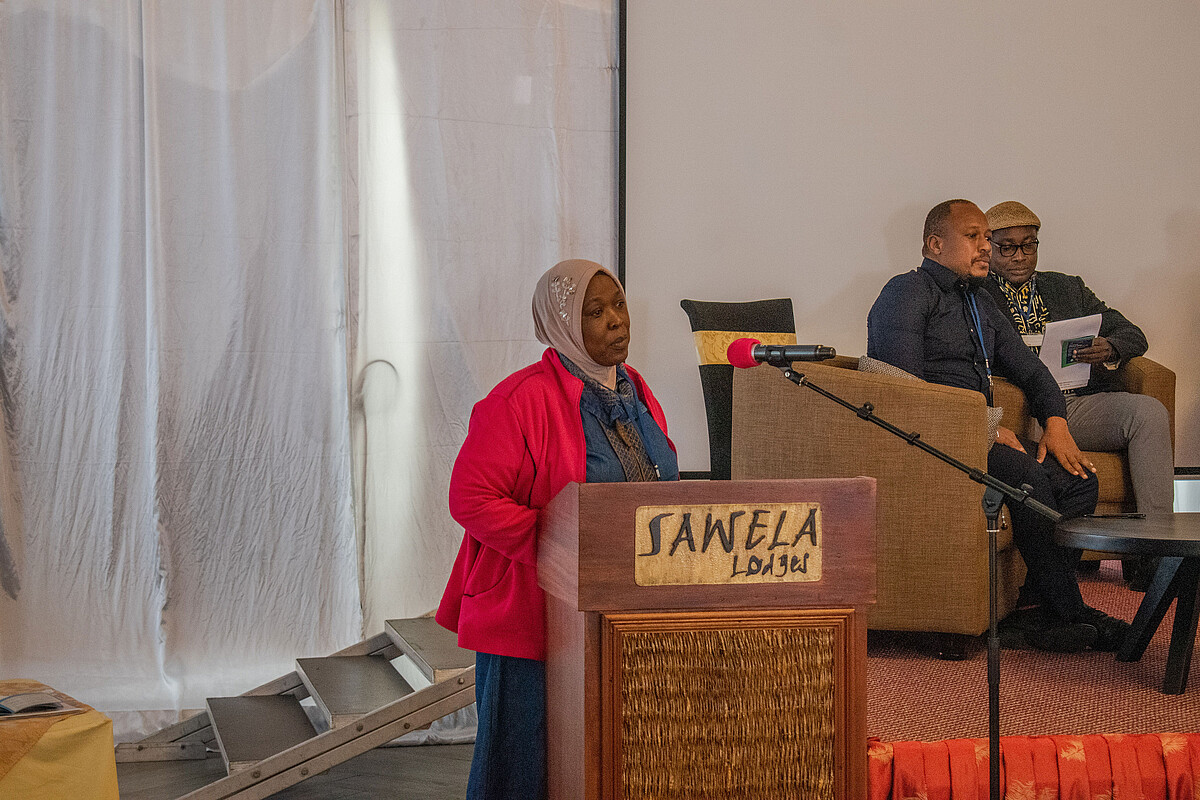 ©
Felix Odhiambo 2023
©
Felix Odhiambo 2023
Panel Discussion "Humanities at Crossraods": important outcomes
Against the backdrop of gradual but noticeable reduction in budgetary allocation for higher education across Africa in the last years, the Social Sciences’ and Humanities’ funding was reduced stronger compared to STEM subjects. In terms of funding therefore, Humanities have become marginalized studies with rather low marketability. How can Humanities be fostered beyond funding? A way forward could be thematically focussed initiatives that specifically include Humanities’ viewpoints, i.e. about the peace/security nexus or climate change. The Humanities’ fellows have, during and beyond their fellowships, employed different techniques that both catered to a higher proficiency in- and outside their own fields and made their research reach out from academia into the public sphere, these were
- Inter- and Multidisciplinarity: Fellows in the Humanities cohort have designed and conducted research projects that sought to transcend disciplinary boundaries. For example, collaborations between archaeologists and medical practitioners/ microbiologists/ tourism officials; between historians and geologists/metallurgists; between social scientists and artists; between linguists and policemen, between researchers and communities (i.e., local villagers, school classes, National Park rangers) as co-creators of knowledge, recognizing expertise and producing materials beyond academia.
- Networking and Collaboration: Networking with international mentors, German partners and different institutions had a huge impact for several projects, as well as networking between researchers and policy makers – i.e. on the matter of repatriation of items stolen during colonialism, or in terms of recognition and rebuilding of formally abandoned heritage sites.
- Capacity Building, on different levels:
a) individual career promotion. Some of the fellows are now associate professors, soon to become full professors, some have been promoted to senior lectureship. Enhancement of their individual capacity can be seen from the fact that most of them have received international recognition: some are on editorial boards of internationally renowned academic journals published by Brill, Routledge etc., some are on advisory boards of international academic projects funded by European research council, some are in collaboration with AU and IGAD.
b) contributions made through supervision and mentorship of younger academics. The Humanities fellows also cascaded the networks and benefits of their connections down to their students, mentored and improved skills of junior scholars in many African universities: Overall, more than 30 MA students, 10 PhD students and numerous undergraduate students profited from the program (probably more, since not all all-time fellows were present at this meeting).
- Science Communication: Knowledge generated by research is important on global, government and regional/local level. Besides publishing in relevant scholarly journals, the Humanities’ fellows produced popular monographs and documentaries, organized exhibitions and workshops, initiated community museums or spoke on TVs and radios about their research and their societal implications. Thus they provided in one way or another their engagement to society, and thereby offered the opportunity to participation and capacity building at community level.
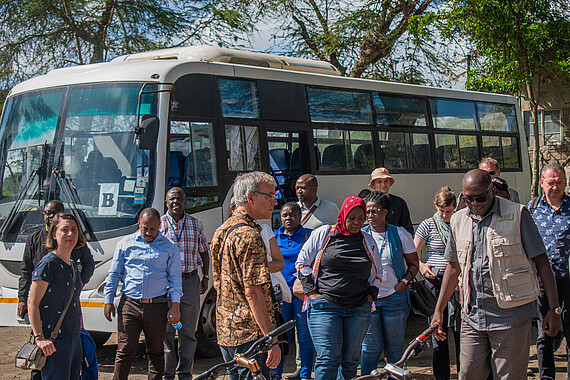
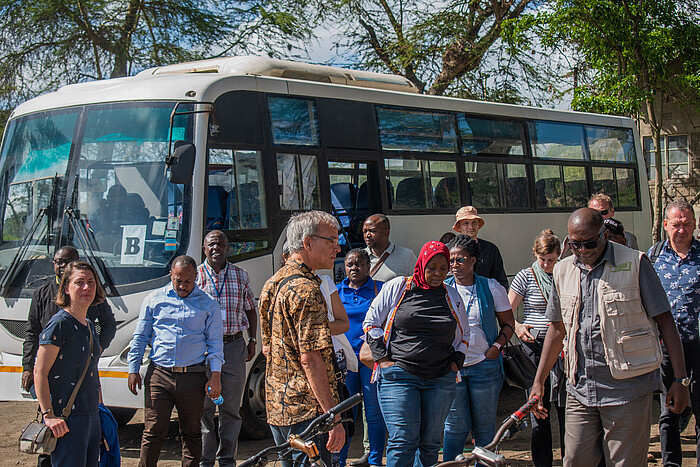
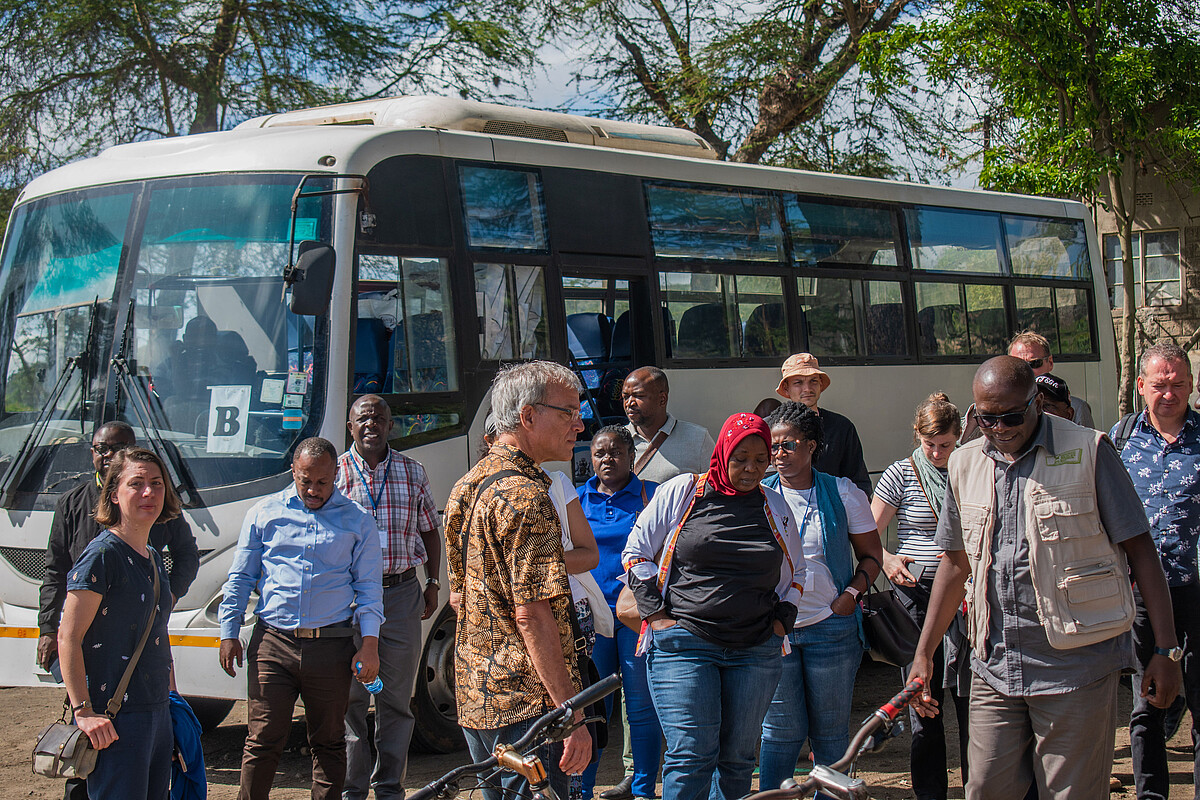 ©
Felix Odhiambo 2023
©
Felix Odhiambo 2023
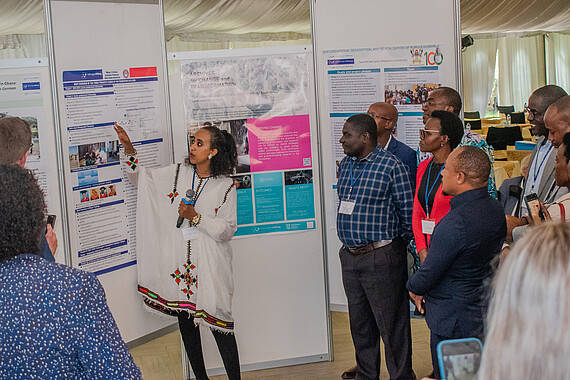
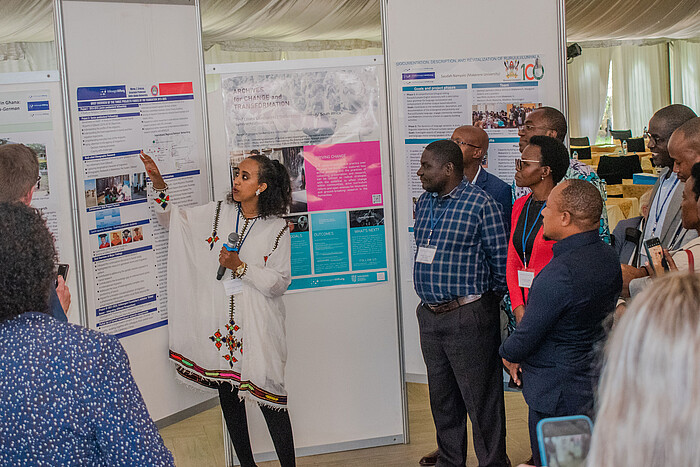
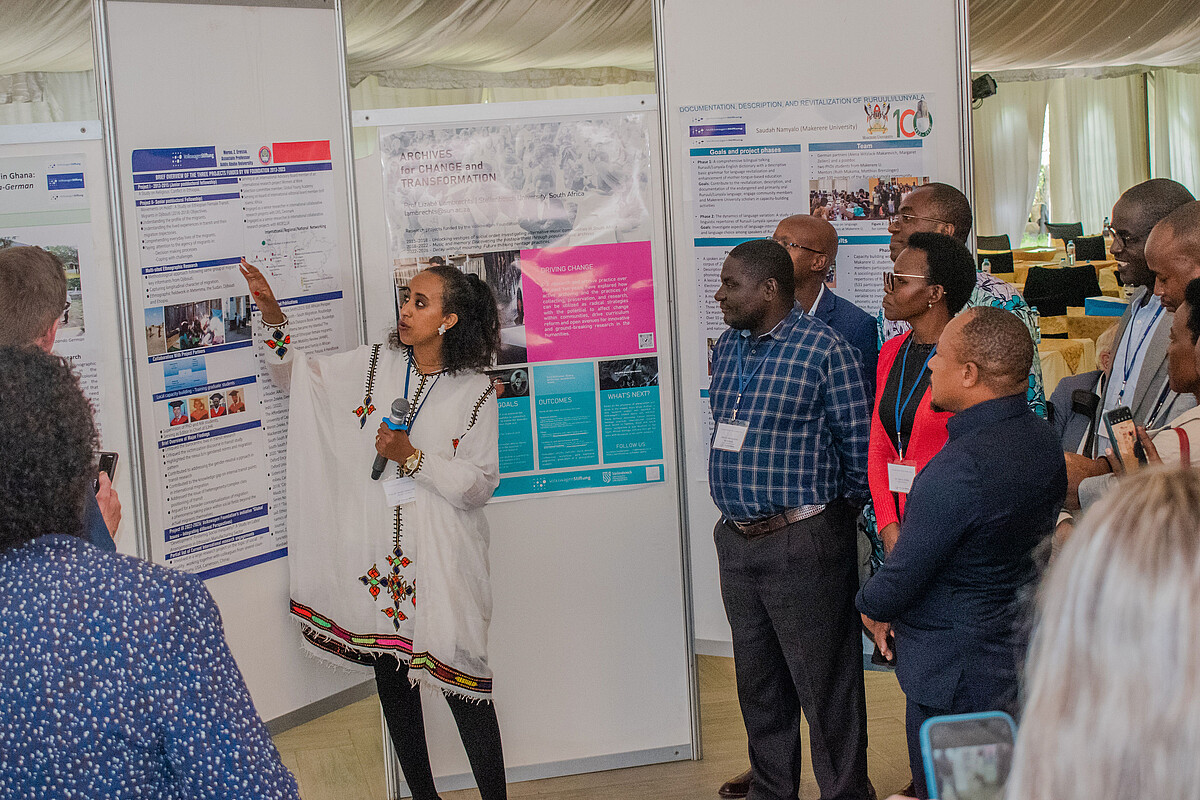 ©
Felix Odhiambo 2023
©
Felix Odhiambo 2023
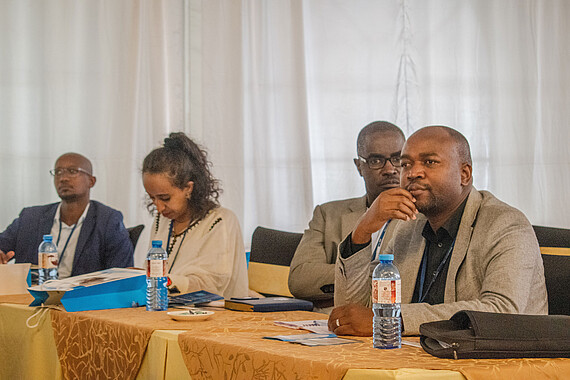
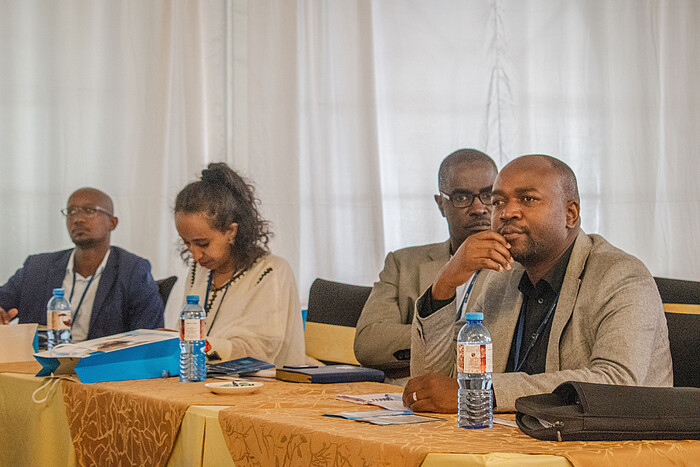
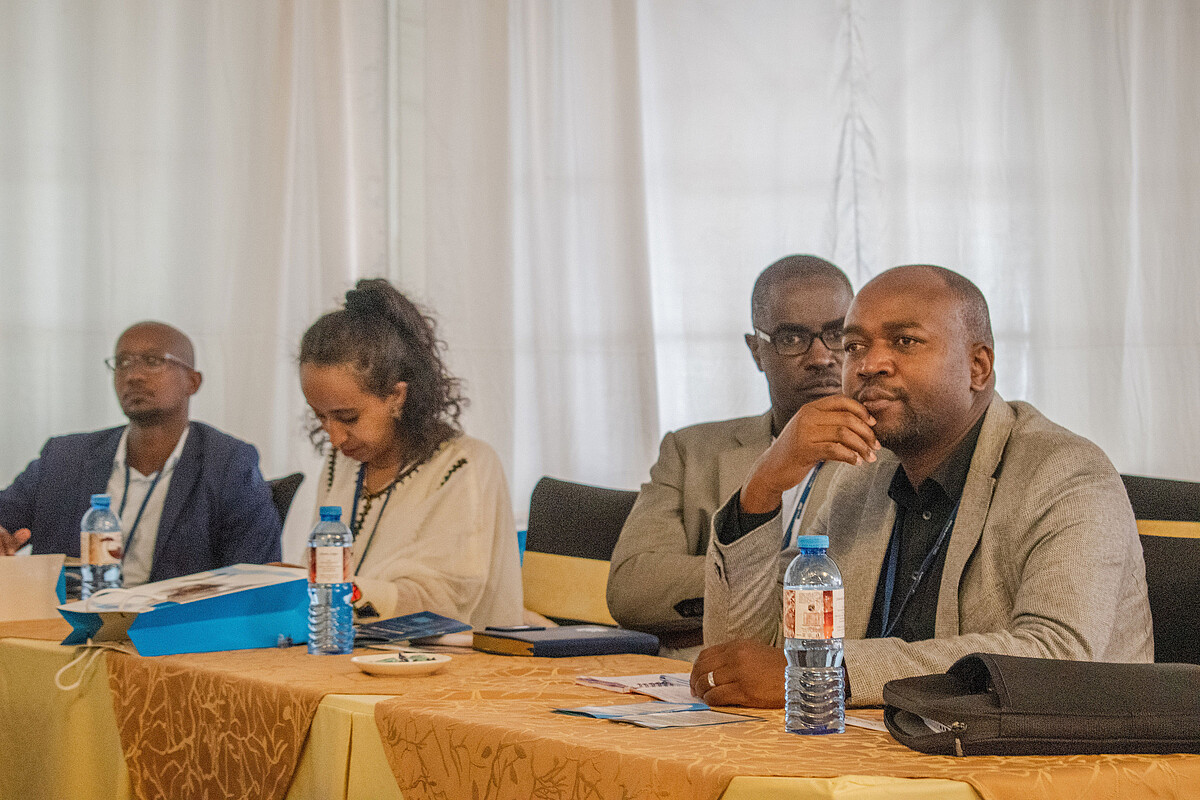 ©
Felix Odhiambo 2023
©
Felix Odhiambo 2023


